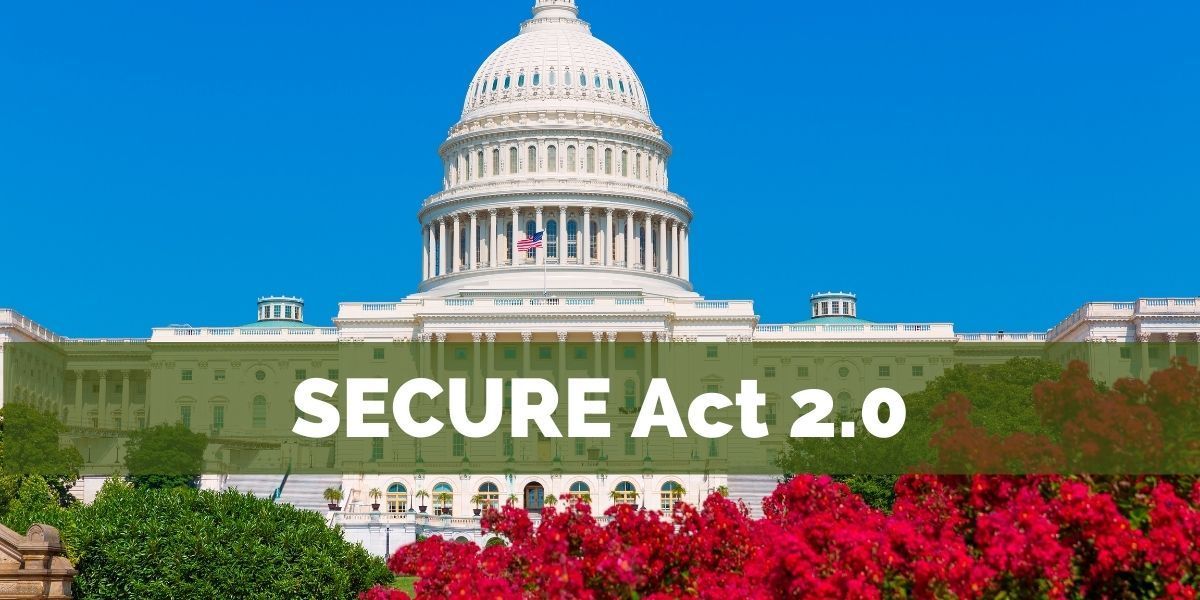Episode 145: Tax Consequences
Today’s Prep:
What tax consequences should you prepare for? We talk through the different accounts you may have and what kind of taxes to expect in retirement for each one.
Equipping Points:
As you learn about finances and retirement planning, what do you need to know about taxes? On today’s episode of the Cover Your Assets KC podcast, we will discuss tax consequences you’ll want to know about and hope everyone has at least one “aha” moment on the subject.
Tax-deferred accounts like 401(k)s, 403(b)s, and 457 plans are retirement savings that are typically done through a direct payroll basis. An IRA is also a tax-deferred account that gives you a tax deduction now. Once you take that money out in retirement, both the contribution and the growth are taxable as ordinary income or at your highest marginal tax bracket based on the other income you have. If you want to get the money out early, you’ll pay a penalty plus the taxes. This is an easy way to save for retirement and highly recommended, just prepare yourself for the taxes later on.
What are tax-free accounts? Roth IRAs and HSAs (health savings accounts) fall into this category. Withdrawals after age 59 and a half are tax-free as long as the account has been open for five years. But you can take the amount you contributed out at any time without tax or penalty.
A taxable account is usually a brokerage account. All earnings and any realized gains are taxable each year. You’ll get a 1099 at the end of each year showing what you earned. Your dividends and long-term capital gains (an investment owned for more than one year) get a preferential tax rate. There are ways to reduce your taxes on your accounts, depending on the types of investments you hold in there.
CDs aren’t talked about much anymore because the rates are super low. It is however, super safe and also somewhat liquid. Unfortunately, the interest is low and the interest you earn is taxable as ordinary income.
Finally, it’s important to consider life insurance in this discussion. There are reasons to have life insurance whether you’re young and married with kids or in your 70s and doing estate planning. The beneficiary gets a tax-free benefit, both for term life insurance and permanent life insurance. But what about living benefits? David talks about how certain life insurance policies can cover long-term care needs.
Does your financial plan address its possible tax consequences?
Listen to the entire episode or skip ahead using the timestamps below
0:33 - Taxes are one of David’s favorite topics.
2:51 - What do you need to know about tax-deferred accounts?
6:14 - Roth accounts are taken out tax-free.
8:42 - What are taxable accounts?
11:41 - What happens with CDs?
13:45 - Why is life insurance part of the discussion?
Today’s Takeaway:
“When you have a good plan in place, you need to do an annual (or so) update of that plan because things change.”
– David Dickens
KC Financial Advisors Blog














